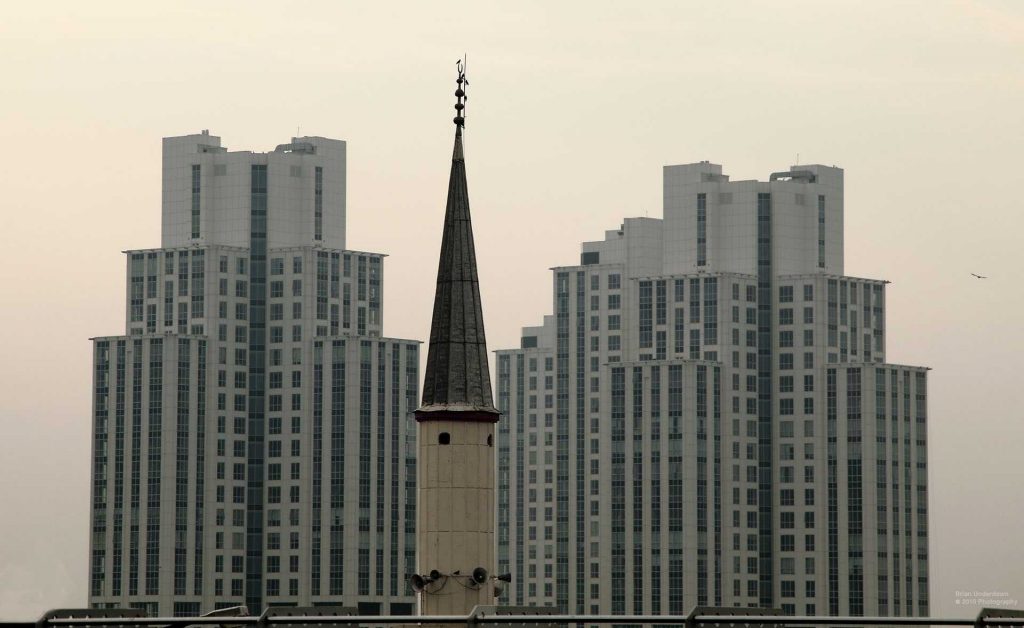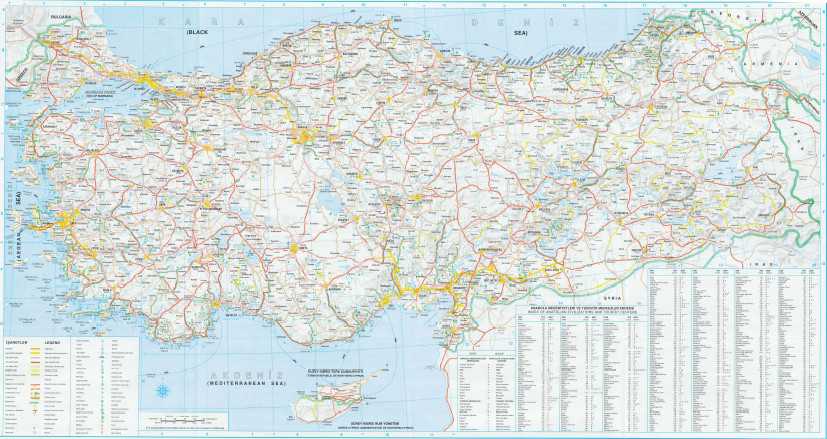Yerevan to host NATO exercises as it chairs Russian-backed security body.
By Ara Tadevosian in Yerevan (CRS 461 25-Sep-08)
The August war between Armenia’s close ally Russia and close neighbour Georgia rocked its foreign policy of “complementarity”, but analysts say President Serzh Sarkisian is working hard on maintaining a balance between Russia and the West.
Following Moscow’s recognition of the independence of Abkhazia and South Ossetia on August 26, the Russian leadership sought the support of its allies in the Commonwealth of Independent States Collective Security Pact, of which Armenia is now the chairman, signalling that it wanted them to follow the Russian lead over the two territories.
But two days before the members of the security pact were due to meet in Moscow, Sarkisian made it clear that he would not be recognising the two breakaway territories.
On September 3, Sarkisian told foreign diplomats in Yerevan, “Armenia cannot recognise the independence of Abkhazia and South Ossetia, not having recognised the independence of Nagorny Karabakh.”
The Nagorny Karabakh Republic, which declared independence in December 1991, is strongly supported by Armenia but not recognised as an independent state by it, or any other country.
One senior western diplomat in Yerevan described Sarkisian’s statement as an “elegant move”, to get himself out of a serious dilemma.
Fyodor Lukyanov, editor-in-chief of the journal Russia in Global Politics, told IWPR, “They understand in the Kremlin that this is a very serious issue. Armenia is in an especially delicate position because of the problem of Karabakh. I don’t believe Moscow will put pressure on Yerevan.”
Analysts say that Armenia was put in a tricky position by the crisis but is hoping to manoeuvre out of it and not alienate any of the country’s partners.
“Armenia will not have to make a decisive choice and to ‘swear on its blood’ its loyalty to one or other partner,” said Lukyanov.
“On the other hand Russia of course demonstrated a new kind of behaviour [during the August crisis] and will try to consolidate its sphere of influence, something which will objectively lead to greater rivalry for the post-Soviet space and for the Caucasus.
“Russia has never concealed that it thinks of politics in this part of the world as highly competitive. Basically, the United States has thrown off appearances and adopted the same position.”
From the American side, Ron Asmus, director of the Transatlantic Centre of the German Marshall Fund in Brussels, said, “It may well become harder for Armenia to maintain the balance it seeks to achieve in its policy of complementarity.
“But it won’t be the US that will pressure Armenia to make any choice. We will respect the choice of Armenia and defend its right to decide where it wants to belong.”
Armenia relies on both Russia, its main trading partner, and Georgia, its main transit route to the outside world, for economic survival and the war hit the Armenian economy very hard.
The blowing up of a railway bridge in central Georgia on August 16 disrupted trade to Armenia and caused two weeks of fuel shortages.
Around 70 per cent of imports to Armenia come through the Georgian port of Poti, which was occupied by Russian forces during the conflict, while land connections to Russia via Georgia have been severely restricted for almost two years.
In mid-August, in the midst of the Georgia crisis, Sarkisian told his security council that Russia is a “strategic ally” of Armenia, while Georgia is a “friendly country”, indicating his strategic preference while aiming not to offend either.
Interestingly, Armenian opposition leader and former president Levon Ter-Petrosian has taken an openly pro-Russian position during the crisis.
“No one can dispute that it was Georgia who unleashed the war and did it with the aim of liquidating the Republic of South Ossetia,” said Ter-Petrosian in an interview to the A1+ internet news site. “No one can also dispute that by its decisive intervention, Russia saved the South Ossetian people from genocide. If Russia had delayed its assistance even by six hours, South Ossetia would not exist today.”
Alexander Iskandarian, director of the Caucasus Media Institute, said that he did not expect Georgian-Armenian relations to suffer, despite the identification of Armenia with Russia. He said that the tensions between the two countries were typical of neighbours and the leaders on both sides were able to stop them deteriorating.
On taking on the chairmanship of the CIS Collective Security Pact, Sarkisian also hinted at unhappiness with other members of the organisation. Without naming them, he appeared to be referring to Kazakstan and Uzbekistan which have given support to Azerbaijan.
The word complementarity was coined in 1998 when Sarkisian’s predecessor, Robert Kocharian, was elected president to describe the country’s policy of staying friends with its military ally, Russia, and the United States, which has a large Armenian diaspora as well as Europe and Iran.
One of the main aims of the policy of complementarity is to avoid “putting all your eggs in one basket”. One consequence of this is that, despite the downturn in relations between Russia and the West and the virtual suspension of the Russia-NATO council, Armenia is pressing ahead with NATO exercises later this month as part of the Partnership for Peace programme.
The Cooperative Longbow/Lancer exercises will take place in Armenia from September 26 to October 21 and will be the biggest ever such NATO exercise to be held in the South Caucasus.
Around 1,100 soldiers will take part from 21 countries from NATO, its partners and also the United Arab Emirates.
Western officials and analysts say that it is unfair to force Armenia to make a choice in its foreign policy.
US deputy assistant secretary of state Matt Bryza told the Armenian news agency Mediamax, “Armenia is an independent country with a sovereign government elected by its citizens. It can pursue any path it wishes. The United States is a close friend of Armenia’s, and remains committed to helping Armenia achieve the goals of its complementarity foreign policy.”
Ruben Safrastian, director of Armenia’s Institute of Oriental Studies, noted that one consequence of the American-Russian stand-off in the Caucasus was Turkey’s new initiative for a Caucasus Stability and Cooperation Platform, currently being presented at the United Nations General Assembly, which Moscow had endorsed more enthusiastically than Washington.
Safrastian said that because it saw itself as having a stronger position in the South Caucasus, Moscow did not see the possible normalisation of Armenian-Turkish relations as a threat and would be supporting this process.
Ara Tadevosian is director of Mediamax news agency in Yerevan.





